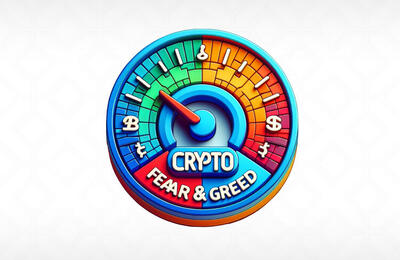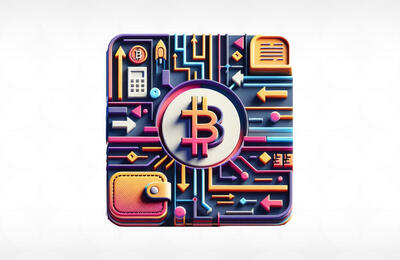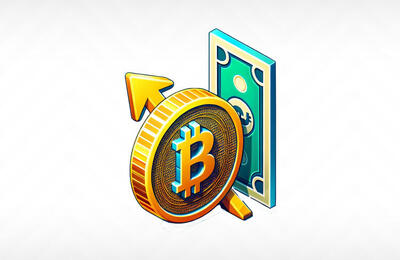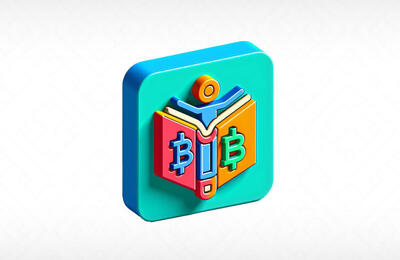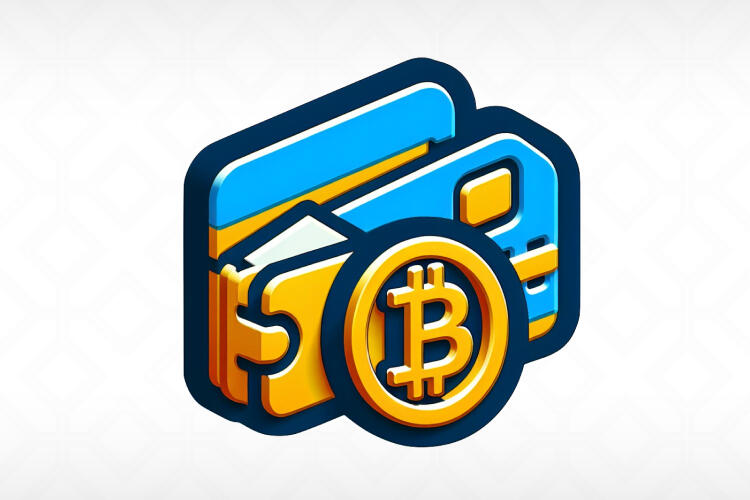
In recent years, Bitcoin has transcended its status as a niche asset and emerged as a viable payment option for businesses across various industries. Whether it be buying groceries, your daily coffee, or even using one of the many Bitcoin betting sites, cryptocurrency has gone over ground.
The crypto, once associated predominantly with tech enthusiasts and early adopters, is now gaining widespread acceptance in the mainstream economy. This shift marks a significant milestone in the evolution of digital currencies, bringing new opportunities and challenges to the forefront.
It will be interesting to see how far this transformation evolves in the next few years. The speed of the changes we have already seen suggests that there may well be some kind of plateau of advancement soon. But there is no doubt that Bitcoin has become part of the general conversation when it comes to finance and no longer sits outside the mainstream economy.

Bitcoin’s Evolution from Investment to Payment Method
Initially, Bitcoin was primarily viewed as a speculative investment, drawing attention for its potential to deliver substantial returns. However, as the understanding of blockchain technology deepened and the regulatory landscape clarified, businesses began recognizing the advantages of accepting Bitcoin as a payment method.
One of the key drivers behind this transition is the growing demand from consumers who prefer the convenience and security that cryptocurrencies offer. Bitcoin transactions, powered by blockchain technology, provide a level of transparency and immutability that traditional payment systems often lack. This appeal has led to a paradigm shift, with businesses eager to cater to the evolving preferences of their customers.
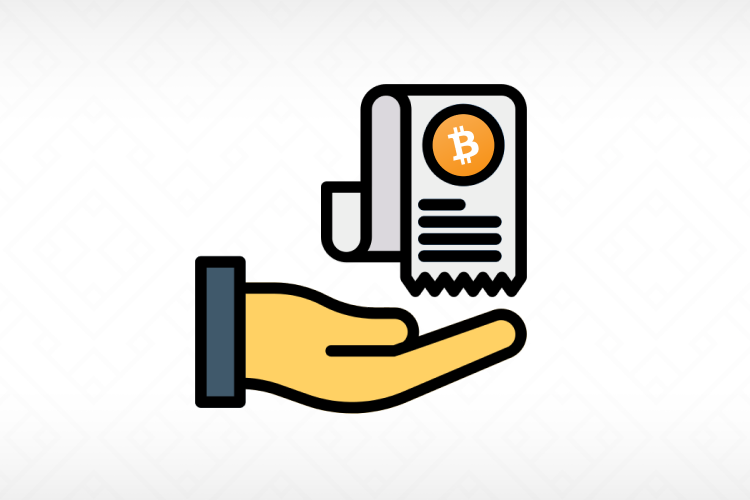
Retail Giants Embrace Bitcoin
The momentum behind Bitcoin adoption gained significant traction when major retail players joined the movement. Companies like Tesla, Overstock, and Microsoft have embraced Bitcoin as a payment option, signaling a shift toward mainstream acceptance. These household names not only lend credibility to the cryptocurrency but also encourage smaller businesses to explore the benefits of accepting Bitcoin.
Tesla, for instance, announced in 2021 that customers could buy their electric vehicles using Bitcoin. This move not only provided a new purchasing avenue for Tesla’s clientele but also ignited discussions about the future role of cryptocurrencies in the automotive industry. Similar strategic decisions by other prominent companies have contributed to the growing narrative that Bitcoin is becoming a legitimate and widely accepted form of payment.
Payment Processors Pave the Way
To facilitate the seamless integration of Bitcoin into mainstream commerce, payment processors have played a pivotal role. Companies like Square and PayPal have not only enabled businesses to accept Bitcoin but have also made it accessible to millions of users worldwide. These payment processors offer a bridge between the traditional financial system and the decentralized world of cryptocurrencies, making it easier for both merchants and consumers to engage with Bitcoin transactions.
The simplicity and user-friendly interfaces of these platforms have removed many barriers that once deterred businesses from adopting Bitcoin. Now, even small businesses can effortlessly incorporate Bitcoin payments into their operations, broadening the scope of cryptocurrency acceptance.
Global Expansion and Financial Inclusion
Bitcoin’s borderless nature makes it an attractive option for international transactions. As businesses increasingly operate on a global scale, the ability to conduct cross-border transactions without the complexities associated with traditional currencies is a game-changer. Bitcoin’s decentralized nature also offers a potential solution to financial inclusion challenges, providing unbanked populations with access to the global economy.
This global expansion of Bitcoin as a payment option aligns with the broader trend of decentralization and the breaking down of traditional financial barriers. It not only empowers individuals with greater financial autonomy but also fosters a more inclusive economic landscape.

Challenges and Regulatory Considerations
While the rise of Bitcoin as a payment option is undeniably transformative, it does not come without challenges. One significant hurdle is the regulatory uncertainty surrounding cryptocurrencies. Governments and regulatory bodies around the world are grasping with how to effectively oversee and regulate digital currencies.
The fluctuating value of Bitcoin also poses challenges for businesses in terms of pricing and accounting. The inherent volatility of the cryptocurrency market requires careful consideration and risk management strategies for businesses incorporating Bitcoin into their payment systems.
The Future Landscape of Bitcoin Payments
As Bitcoin’s acceptance as a mainstream payment option continues to grow, the future landscape of digital payments appears dynamic and evolving. The integration of decentralized finance (DeFi) and the emergence of central bank digital currencies (CBDCs) further contribute to the changing dynamics of the financial sector.
The synergy between traditional finance and blockchain technology is likely to redefine how payments are made, creating new possibilities for innovation and efficiency. While challenges persist, the overall trend suggests that Bitcoin’s journey from a speculative investment to a widely accepted payment method across the world is well underway.
In conclusion, the acceptance of Bitcoin as a mainstream payment option represents a transformative shift in the financial landscape. From retail giants to small businesses, the embrace of cryptocurrency is reshaping how transactions are conducted. As the regulatory environment becomes clearer and technology continues to advance, Bitcoin’s role in everyday commerce is poised to expand, opening up new opportunities for businesses and consumers alike.


